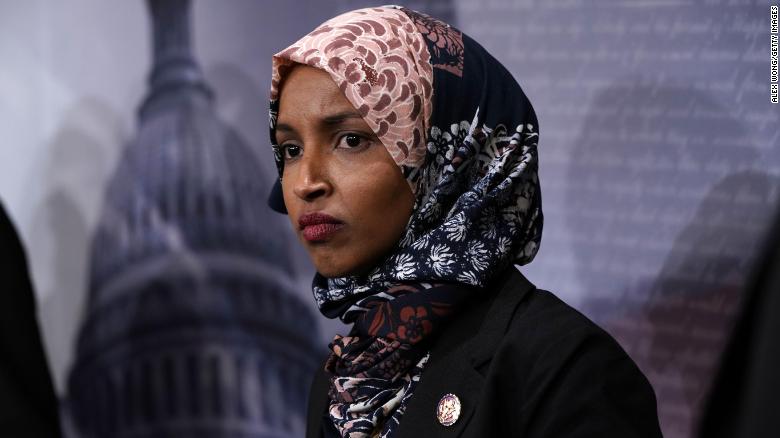
Links
Sheba Medical Centre
Melanie Phillips
Shariah Finance Watch
Australian Islamist Monitor - MultiFaith
West Australian Friends of Israel
Why Israel is at war
Lozowick Blog
NeoZionoid The NeoZionoiZeoN blog
Blank pages of the age
Silent Runnings
Jewish Issues watchdog
Discover more about Israel advocacy
Zionists the creation of Israel
Dissecting the Left
Paula says
Perspectives on Israel - Zionists
Zionism & Israel Information Center
Zionism educational seminars
Christian dhimmitude
Forum on Mideast
Israel Blog - documents terror war against Israelis
Zionism on the web
RECOMMENDED: newsback News discussion community
RSS Feed software from CarP
International law, Arab-Israeli conflict
Think-Israel
The Big Lies
Shmloozing with terrorists
IDF ON YOUTUBE
Israel's contributions to the world
MEMRI
Mark Durie Blog
The latest good news from Israel...new inventions, cures, advances.
support defenders of Israel
The Gaza War 2014
The 2014 Gaza Conflict Factual and Legal Aspects
To get maximum benefit from the ICJS website Register now. Select the topics which interest you.
Israeli-Palestinian conflict low-priority for Americans
Here is the text (as best I can access it) of the original article:
Polling shows the Israeli-Palestinian conflict is barely registering as a top foreign policy concern for most Americans.
Only 17% of Americans said that finding a solution to the conflict was a top foreign policy priority in a November 2018 Pew Research survey - the lowest number since Pew started asking the question in 1993.
In 2011, the last time the question was asked, 23% of Americans rated it as a top priority, while in January 2003 [during the Second Intifada], 38% called it a top priority.
72% of Americans said the top foreign policy priority should be to protect the U.S. from terrorism. The next two were protecting jobs of American workers (71%) and preventing the spread of weapons of mass destruction (66%).
The article on the website now reads:

(CNN)The divide among House Democrats over Rep. Ilhan Omar's comments critical of pro-Israel politicians and lobbying groups reflect a larger breakdown between liberal Democrats and the rest of the country, according to a new poll.
But, it's unclear how much that debate matters outside the Capitol's halls: Past polling shows the Israeli-Palestinian conflict is barely registering as a top foreign policy concern for most Americans.
Within the Democratic party, a massive internal fight is occurring, one that appears to be largely broken down on ideological divides. Nearly as many liberal Democrats sympathize with Palestinians (38%) in the Middle Eastern conflict as sympathize with Israelis (41%), according to a Gallup poll out this week. That's in contrast with conservative/moderate Democrats, who sympathized with Israelis more than with the Palestinians by 28%.
Republicans were also divided along ideological lines -- 81% more conservative Republicans sided with Israel over the Palestinians compared to 52% of moderate/liberal Republicans.
Omar, who has not shied away from criticizing the actions of the Israeli government, became embroiled in a backlash after saying at an event last week, "I want to talk about the political influence in this country that says it is OK for people to push for allegiance to a foreign country." The remark drew condemnation from several influential House Democrats and many critics who called her comments anti-Semitic.
The House passed a resolution on Thursday condemning anti-Semitism and anti-Muslim discrimination after a week of heated controversy around Omar's comments. The spat largely dominated the news cycle on Capitol Hill as Democrats sniped at each other over Omar's comments and Republicans roundly condemned the Minnesota progressive.
But, while lawmakers were focused on Omar's comments about pro-Israel groups and politicians, polling shows that most Americans don't strongly prioritize the Israeli-Palestinian conflict in the Middle East as a top foreign policy concern.
Pollsters rarely ask about where the Israeli-Palestinian conflict ranks on a list of legislative priorities because of how low it would likely rate. And, when the question is asked, the Israeli-Palestinian conflict isn't rated highly.
Only 17% of Americans said that finding a solution to the conflict between Israelis and Palestinians was a top foreign policy priority in the November 2018 Pew Research survey. A majority (57%) said it should be "some priority."
Finding a solution to the conflict was the third lowest option on the list of priorities. The poll showed 72% of Americans said that it should be a top foreign policy priority to protect the US from terrorism, the highest-ranked priority. The next two were protecting jobs of American workers (71%), and preventing the spread of weapons of mass destruction (66%).
Most of the long range foreign policy goals that were rated as low priority by voters were focused on other countries. Besides the Israeli-Palestinian conflict, the list included promoting democracy in other nations (17% said it was a top priority) and helping improve living standards in developing nations (22% said it was a top priority).
The 17% who ranked the Israeli-Palestinian conflict as a top priority were the lowest number of people who said so since Pew started asking the question in 1993.
In 2011, the last time the question was asked, 23% of Americans rated it as a top priority. The highest came in January 2003, when 38% called it a top priority. Violence in the area had escalated in 2002, so it tracks that Americans were especially aware and concerned at that point.
The number of Americans who said the Israeli-Palestinian conflict is a critical threat to the US has also decreased from past years, down to 36% of Americans who thought so in a February 2018 Gallup poll. That's down from 45% who said so in 2016.
# reads: 593
Original piece is https://edition.cnn.com/2019/03/08/politics/israel-palestine-polling/index.html






















